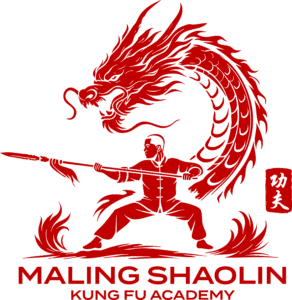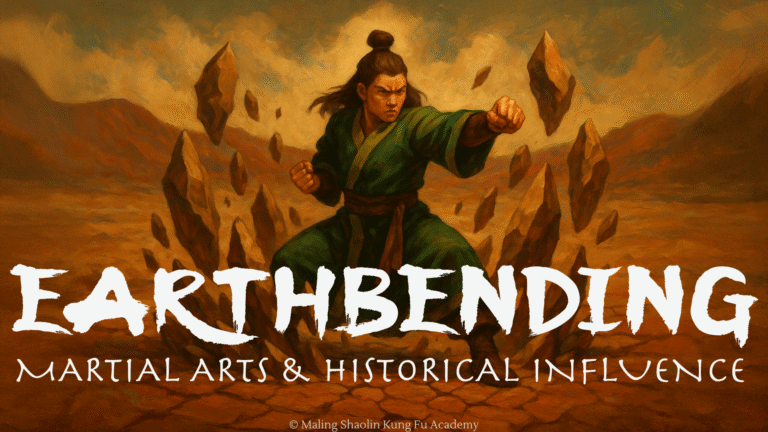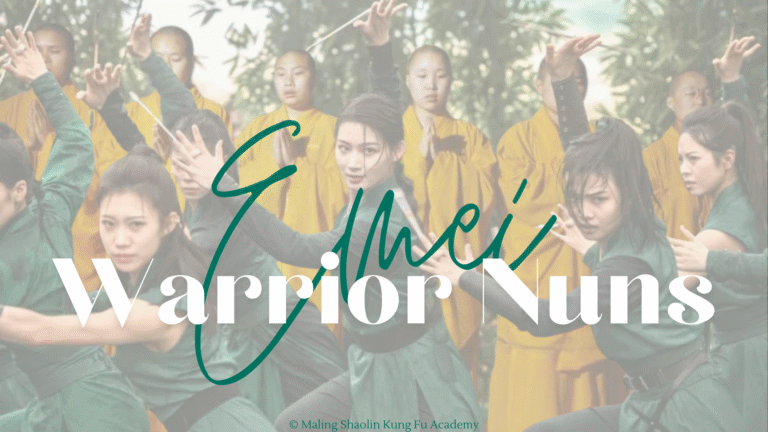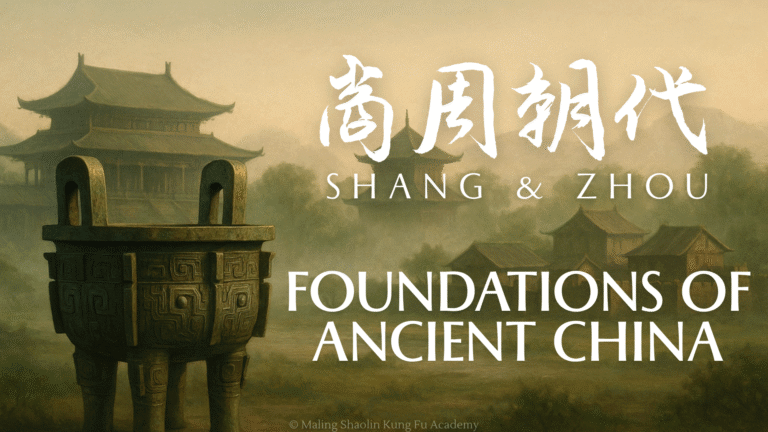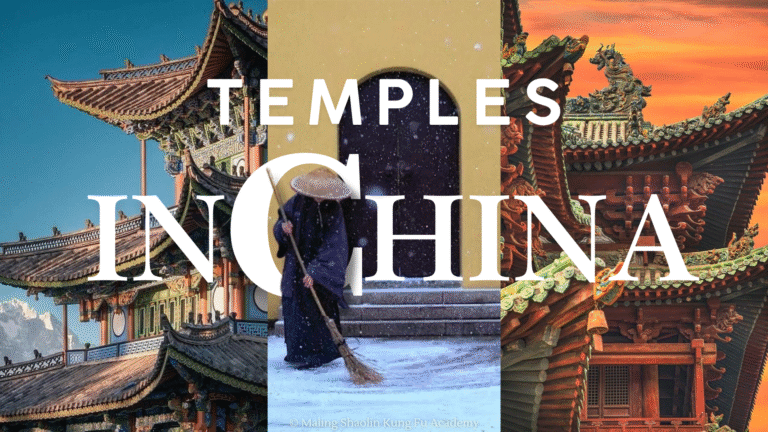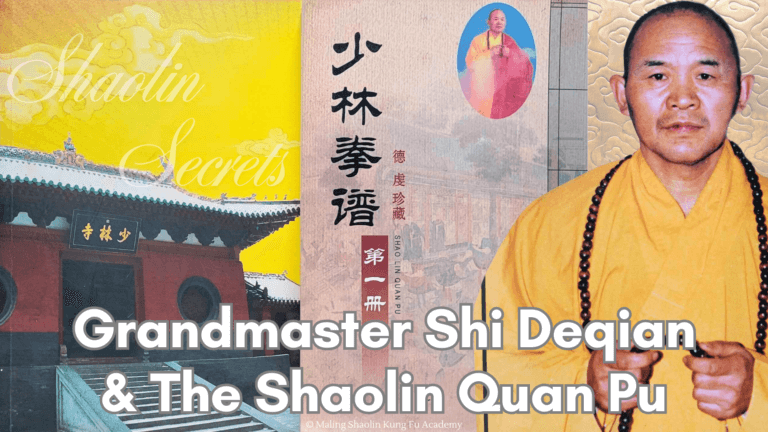The Significance of the Kung Fu Uniform: Tradition, Practicality, and Discipline
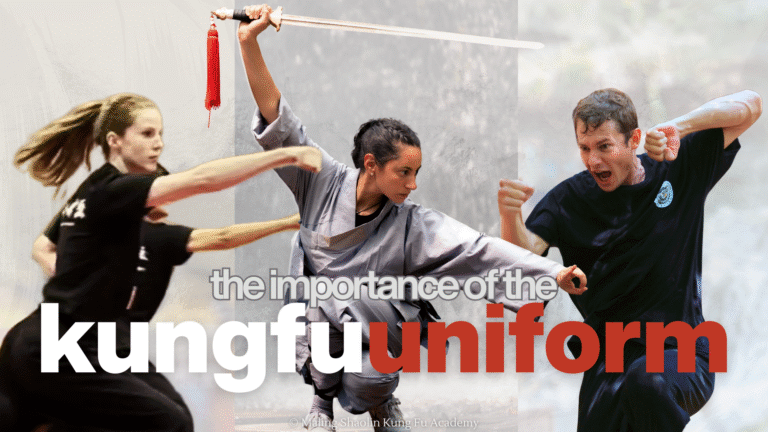
From the flowing robes of Shaolin monks to today’s modern kung fu school attire, uniforms have always been more than clothing. They embody tradition, discipline, and practicality—linking generations of martial artists through shared heritage and purpose.
